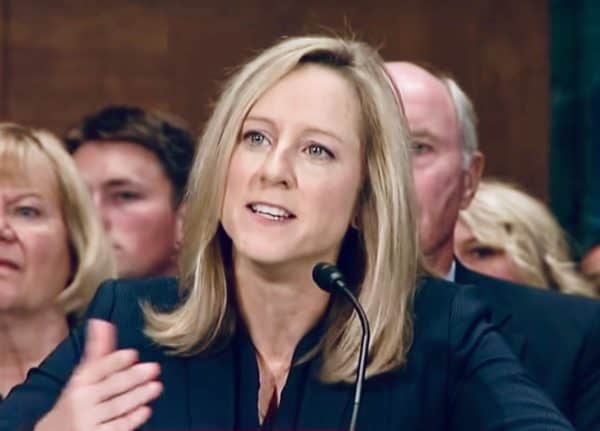
In 2017, the Consumer Financial Protection Bureau (CFPB) issued its first No-Action Letter (NAL) regarding the “use of unconventional sources of information,” or “alternative data,” to evaluate individual creditworthiness. Earlier in that year, the CFPB had launched a Request for Information pertaining to alternative data.
Upstart Network, a Fintech that uses alternative data in making credit underwriting and pricing decisions was the recipient of the NAL. Upstart’s underwriting model was said to utilize education and employment history as well as other data points.
According to a release from the CFPB from earlier this week:
“the NAL references the application of the Equal Credit Opportunity Act (ECOA) and its implementing regulation, Regulation B, to the NAL Recipient’s use of alternative data and machine learning for its underwriting and pricing model. This No-Action Letter is specific to the facts and circumstances of the NAL Recipient and does not serve as an endorsement of the use of any particular variables or modeling techniques in credit underwriting and pricing. In addition, neither the No-Action Letter nor this blog post serve as an endorsement of the NAL Recipient or the products or services it offers.”
As part of the NAL, Upstart provides the CFPB with information comparing outcomes in its credit underwriting model including pricing. The CFPB states that the NAL Recipient “independently validated the traditional model through fair lending testing to ensure that it did not violate anti-discrimination laws.” Over the last 22 months, the NAL Recipient worked to answer several key questions, including:
- Access to credit: whether the tested model’s use of alternative data and machine learning expands access to credit, including lower-priced credit, overall and for various applicant segments, compared to the traditional model
- Fair lending: whether the tested model’s underwriting or pricing outcomes result in greater disparities than the traditional model with respect to race, ethnicity, sex, or age, and if so, whether applicants in different protected class groups with similar model-predicted default risk actually default at the same rate
Upstart has agreed to allow the CFPB to share highlights from “simulations and analyses that it conducted pursuant to its model risk management and compliance plan.”
According to the CFPB, the results provided from the access-to-credit comparisons show that the tested model approves 27% more applicants than the traditional model, and yields 16% lower average APRs for approved loans.
The CFPB states:
This reported expansion of credit access reflected in the results provided occurs across all tested race, ethnicity, and sex segments resulting in the tested model increasing acceptance rates by 23-29% and decreasing average APRs by 15-17%. In many consumer segments, the results provided show that the tested model significantly expands access to credit compared to the traditional model. In particular, under the tested model, the results provided reflect that:
- “Near prime” consumers with FICO scores from 620 to 660 are approved approximately twice as frequently.
- Applicants under 25 years of age are 32% more likely to be approved.
- Consumers with incomes under $50,000 are 13% more likely to be approved.
- With regard to fair lending testing, which compared the tested model with the traditional model, the approval rate and APR analysis results provided for minority, female, and 62 and older applicants show no disparities that require further fair lending analysis under the compliance plan.
The CFPB says that more work needs to be done to address the 26 million Americans which are “credit invisible.” Another 19 million consumers are said to have a stale credit history which is insufficient to provide a credit score.
The CFPB encourages more Fintech innovation in providing access to credit in underserved markets.
“The Bureau remains committed to using all of the tools at its disposal under the Dodd-Frank Act to help address these important issues around access to credit. Toward that goal, the Bureau is currently reviewing comments to its proposed No-Action Letter, Trial Disclosure, and Product Sandbox policies.”
In late 2018, the CFPB proposed a Fintech Sandbox. The Bureau has opened an Innovation Office and is currently participating in the Global Financial Innovation Network (GFIN) championed by the UK Financial Conduct Authority.

